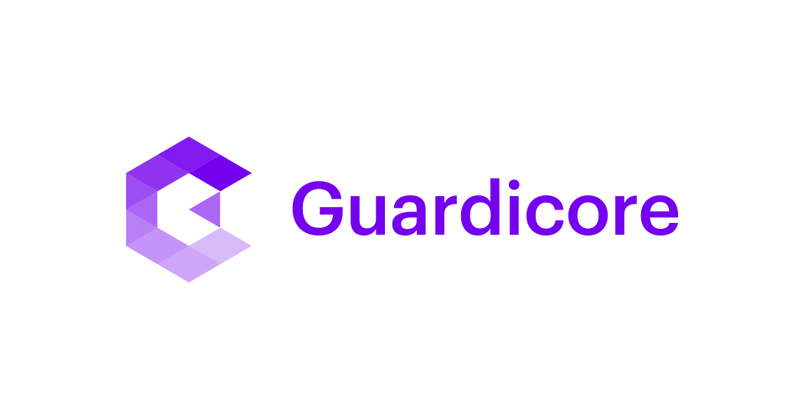Akamai Software Based Segmentation
The fastest way to visualize and segment your assets in the data center, cloud, or hybrid cloud infrastructure.
Akamai Software Based Segmentation provides the simplest, fastest, and most intuitive way to enforce Zero Trust principles within your network. We stop lateral movement by visualizing activity within your IT environments, implementing precise microsegmentation policies, and detecting possible breaches quickly.
Granular, AI-Powered Microsegmentation
Implement policies in a few clicks using AI recommendations, templates for remediating ransomware and other common use cases. You can also precise workload attributes like processes, users, and domain names.
Real-Time and Historical Visibility
Map application dependencies and flows down to the user and process levels on a real-time or historical basis.
Multiple Protection Methods
Integrate threat intelligence, defense and breach detection capabilities to reduce incident response time.
Broad Platform Support
Cover modern and legacy operating systems across bare-metal servers, virtual machines, containers, IoT, and cloud instances.
Comprehensive Protection at Scale
Any Environment
Protect workloads in complex IT environments. Do this with a combination of on-premises workloads, virtual machines, legacy systems, containers and orchestration, public/private cloud instances, and IoT/OT.
Simplify Security
Simplify security management with one platform. It provides network visualization, segmentation, threat defense, breach detection capabilities, and guided policy enforcement for Zero Trust initiatives.
Enterprise Scalability & Performance
Start with focused protection of your most critical digital assets. After that, scale up to protect your full enterprise without complexity, infrastructure changes, or performance bottlenecks.
How It Works
Guardicore Segmentation collects detailed information about an organization’s IT infrastructure through a mix of agent-based sensors, network-based data collectors, virtual private cloud flow logs from cloud providers, and integrations that enable agentless functionality. Relevant context is added to this information through a flexible and highly automated labeling process. This includes integration with existing data sources, such as orchestration systems and configuration management databases
Templates
Policy creation is made easy with prebuilt templates for the most common use cases. Policy enforcement is completely decoupled from the underlying infrastructure. This way security policies can be created or altered without complex network changes or downtime. In addition, policies follow the workload no matter where it resides, in on-premises data centers or public cloud environments. Our segmentation capabilities are complemented by a sophisticated set of threat defense and breach detection capabilities. As well as threat hunting services provided by Akamai Threat Labs.
Network Map
The output is a dynamic map of the entire IT infrastructure. This allows security teams to view activity with user- and process-level granularity on a real-time or historical basis. These detailed insights, combined with AI-powered policy workflows, make the creation of segmentation policies fast, intuitive, and based on real workload context.

Putting a kink in the ransomware killchain
Stop Lateral Movement with Granular Visibility & Microsegmentation
Enterprise IT infrastructure is still evolving from traditional on-premises data centers to cloud and hybrid cloud architectures. With a blend of platforms and application deployment models. Although this digital transformation is helping many organizations achieve greater business agility, reduce infrastructure costs, and enable remote work, it is also creating a larger and more complex attack surface that does not have a well-defined perimeter. Each individual server, virtual machine, cloud instance, and endpoint is now a possible point of exposure. With the prevalence of threats like ransomware and zero-day vulnerabilities, attackers are becoming more adept at moving laterally toward high-value targets when (not if) they find a way in.
